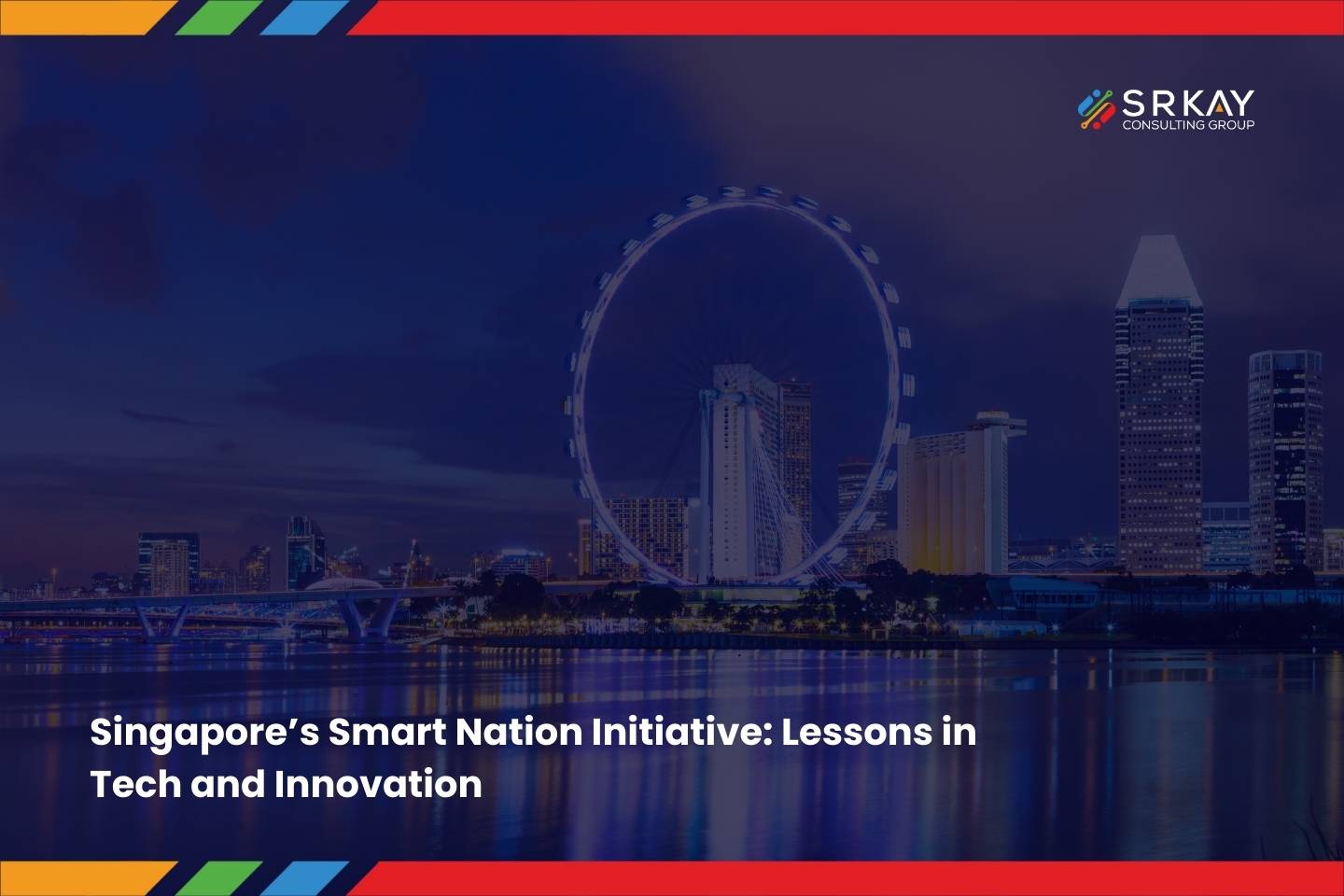

Close

AI-driven cybersecurity solutions will become essential to counter increasingly sophisticated cyber threats. The convergence of AI with IoT will drive smarter automation across industries, enhancing operational efficiencies. Additionally, ethical AI practices will take center stage as organizations strive to ensure transparency and fairness in AI decision-making. CIOs are facing a rapidly evolving landscape in AI and machine learning as we move into 2025. Here are the key predictions and insights that CIOs need to consider:
1. ROI Challenges Persist
Despite increasing investments in AI, many organizations may struggle to achieve meaningful returns on investment (ROI) from their AI initiatives. The generative AI bubble is expected to burst, leading to skepticism that could prompt further regulations. According to a Gartner report, nearly 60% of AI projects fail to move beyond the pilot stage due to unclear ROI and lack of business alignment.
2. Regulatory Environment Tightens
With rising concerns about AI disinformation and ethical implications, stricter regulations are anticipated. The European Union’s AI Act sets a precedent for comprehensive governance of AI technologies, which may influence global standards. Compliance will become a critical factor for AI deployment, and CIOs must stay ahead of evolving legal frameworks to avoid penalties.
3. Green and Responsible AI Gains Traction
There will be a growing emphasis on environmentally sustainable and ethically responsible AI practices. Organizations will increasingly adopt green AI strategies to address societal concerns and reduce energy consumption. According to IDC, 70% of companies are expected to prioritize sustainability in their AI initiatives by 2025.
4. Advancements in Multimodal Models
Significant improvements in multimodal models, particularly text-to-video technologies, are expected. These advancements will enhance the quality and duration of generated content while adhering to realistic constraints. Companies like OpenAI and Google are leading the charge in developing more accurate and context-aware multimodal AI.
5. Democratization Through AutoML
Automated machine learning (AutoML) will continue to democratize access to machine learning tools, enabling non-experts to implement ML solutions effectively within their organizations. This trend is crucial for smaller businesses lacking specialized personnel. MarketsandMarkets projects the AutoML market to grow from $1.3 billion in 2023 to $6.4 billion by 2028.
6. AI Augmentation in the Workforce
Rather than replacing jobs, AI is likely to augment human capabilities, allowing employees to focus on more strategic and creative tasks while automating routine processes. By 2025, McKinsey predicts that AI augmentation will impact 50% of work activities across industries.
7. Healthcare Transformation Through AI
The healthcare sector is expected to see significant advancements due to AI, particularly in diagnostics, personalized treatment plans, and efficient data management systems. AI-driven healthcare solutions could reduce diagnostic errors by up to 30%, according to a report by Accenture.
8. Increased Spending on AI
Research indicates that global spending on AI technologies will reach approximately $337 billion by 2025, with two-thirds of this investment coming from enterprises embedding AI into core operations. CIOs must ensure that their AI budgets align with business objectives to drive tangible value.
9. Optimization Focus
Companies will shift from merely implementing AI solutions to optimizing their performance and maximizing value extraction from these technologies. This includes selecting appropriate models for specific applications and enhancing infrastructure for better efficiency.
10. Silo Busting and Collaboration
The rise of generative AI tools is expected to break down departmental silos within organizations, fostering collaboration and innovation across teams. AI-driven insights will allow seamless cross-functional communication and decision-making.
CIOs should prepare for these trends by:
Establishing frameworks for compliance with emerging regulations. This includes staying updated on global regulatory changes such as the EU AI Act, implementing AI governance policies, and conducting regular audits to ensure compliance with industry standards and data privacy laws like GDPR and CCPA.
Investing in training programs that enable staff at all levels to leverage AI tools effectively. Organizations should provide role-specific AI training for employees, foster a culture of continuous learning, and introduce AI literacy programs that ensure teams can confidently work alongside AI technologies.
Focusing on ethical considerations in AI deployment. CIOs must prioritize fairness, transparency, and accountability by establishing AI ethics committees, using explainable AI (XAI) frameworks, and ensuring that AI models are unbiased and align with the organization’s values.
Exploring partnerships with cloud providers that offer robust AI capabilities without significant upfront costs. CIOs should assess cloud AI service providers based on scalability, security, and cost-effectiveness, while ensuring interoperability with existing IT infrastructure to avoid vendor lock-in.
By aligning their strategies with these predictions, CIOs can navigate the complexities of the evolving technological landscape and drive their organizations toward successful AI integration in 2025 and beyond.
As technology continues to evolve at an unprecedented pace, CIOs must stay vigilant, proactive, and adaptable to harness AI’s full potential. The year 2025 is poised to bring both challenges and opportunities, and those who strategically align their AI initiatives with business goals will emerge as industry leaders. Embracing a data-driven mindset and fostering a culture of innovation will be crucial to staying ahead of the competition. Furthermore, CIOs should prioritize investments in scalable AI infrastructure to ensure long-term success. Finally, collaborating with industry peers and regulatory bodies will help CIOs navigate the evolving AI landscape with confidence.
We co-create with our customers at the center, combining deep domain expertise with innovative technology and talent solutions to accelerate growth. Our passion for excellence drives us to transform businesses, unlocking new opportunities and delivering lasting impact.
Subscribe to our newsletter to get our newest articles instantly!
Smart Leaders Are Rethinking Outsourcing. Are You? As global businesses face margin pressure and tech talent gaps, outsourcing is evolving from a cost play to a growth strategy. We're inviting senior leaders to share their perspectives in a short survey that explores how companies are scaling faster and operating leaner through smarter outsourcing. Take the short survey now and lead the next wave of global delivery excellence.
